
Clara Drechsler (born June 1961) is a Cologne author and translator who helped shape German pop journalism in the 1980s.

Clara Drechsler (born June 1961) is a Cologne author and translator who helped shape German pop journalism in the 1980s.
Drechsler wrote mainly for the music magazine Spex , which she co-founded in 1980, and for Miss Vogue. Her most important literary innovation was the invention of a style characterized by numerous apparent trivialities and subjectivities, an innovation of the category "interview", which she transformed into a kind of investigative journalism through radical accuracy. [1] Her interviews with Slayer [2] and the Suicidal Tendencies are considered milestones. In the early 1990s, she left Spex and worked for Haffmans Verlag. Among others, she translated works by Billy Childish, Bret Easton Ellis, Irvine Welsh and Nick Hornby into German.

Manuel Claus Achim Andrack is a German journalist, television presenter, and author. He is best known as the sidekick of the Harald Schmidt Show.
Transgressive fiction is a genre of literature which focuses on characters who feel confined by the norms and expectations of society and who break free of those confines in unusual or illicit ways.

Alice Sophie Schwarzer is a German journalist and prominent feminist. She is founder and publisher of the German feminist journal EMMA. Beginning in France, she became a forerunner of feminist positions against anti-abortion laws, for economic self-sufficiency for women, against pornography, prostitution, female genital mutilation, and for a fair position of women in Islam. She authored many books, including biographies of Romy Schneider, Marion Dönhoff, and herself.

Martin Hans Sonneborn is a German politician and Member of the European Parliament (MEP). He is a founder and federal chairman of Die PARTEI. He was editor-in-chief of the satirical magazine Titanic from 2000 to 2005 and works for Spiegel Online and ZDF.

Max Bense was a German philosopher, writer, and publicist, known for his work in philosophy of science, logic, aesthetics, and semiotics. His thoughts combine natural sciences, art, and philosophy under a collective perspective and follow a definition of reality, which – under the term existential rationalism – is able to remove the separation between humanities and natural sciences.

Thomas Hettche is a German author.
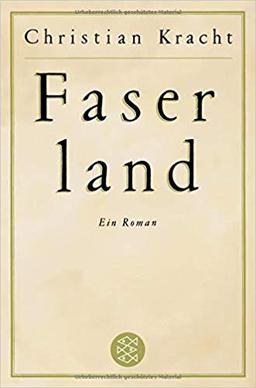
Faserland is the debut novel by Christian Kracht, published in 1995. It is considered to have triggered the new wave of German pop literature. It is the swan song of the generation of the 80s, whose characteristics are so carefully described in the book that it has been called the "cult novel of a generation". Critics often compare the book to those of the American author Bret Easton Ellis.

Burghart Klaußner is a German film actor. He received acting training at the Max-Reinhardt-Schule für Schauspiel in Berlin.

Kiepenheuer & Witsch is a German publishing house, established in 1948 by Joseph C. Witsch and on behalf of Gustav Kiepenheuer. The partners initially held respectively 30% and 40% of the company's share capital. Kiepenheuer died in 1949, after which Witsch took over control and broke the original link with the existing Gustav Kiepenheuer Verlag in Weimar. For the Kiepenheuer & Witsch publishing business several years of major organisational restructuring followed. The first books to be published under the Kiepenheuer & Witsch imprint was the novel Marion by Vicki Baum, which appeared in 1951. In 1953 the firm acquired a new head office incorporating, for the first time, its own onsite publishing facilities, at Cologne-Marienburg.

Wolfgang Herrmann was a German librarian and member of the Nazi Party, whose blacklist provided the template for the Nazi book burnings in May 1933.
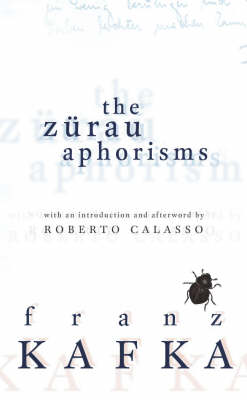
The Zürau Aphorisms are 109 aphorisms of Franz Kafka, written from September 1917 to April 1918 and published by his friend Max Brod in 1931, after his death. They are selected from his writing in Zürau in West Bohemia where, suffering from tuberculosis, he stayed with his sister Ottla. His friend Max Brod titled the book "Betrachtungen über Sünde, Hoffnung, Leid und den wahren Weg".
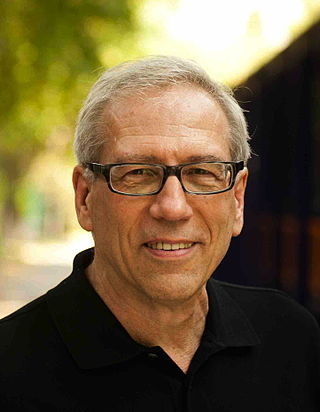
Hans Weiss is an Austrian writer, journalist and photographer
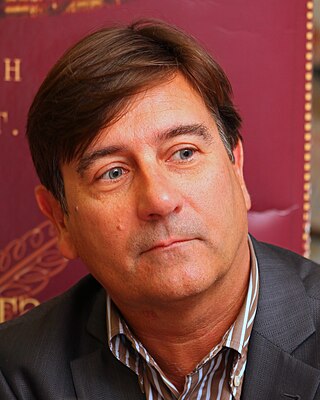
Alain Claude Sulzer is a Swiss writer and translator. He was born in Riehen, near Basel. Sulzer became a librarian, but also translated from French, for example parts of Julien Green's diaries. As a journalist he wrote for various newspapers and magazines, including the NZZ. He has published more than ten books and has won a number of literary awards in the process, such as the Rauris Literature Prize (1984), or the Hermann-Hesse-Preis (2009).

Gerd Koenen is a German historian and former communist politician.

Gerhard Zwerenz was a German writer and politician. From 1994 until 1998 he was a member of the Bundestag for the Party of Democratic Socialism (PDS).
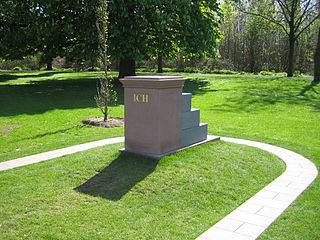
Pop journalism is a form of journalism, that appeared under the influence of the American New Journalism in the mid-60s in Germany and coined the writing right down to the literature. This was most evident in Jörg Fauser’s writing.
Günter Herburger was a German writer. He was initially counted among the "New Realists" funded by Dieter Wellershoff, became the author of socialist, imaginative utopian worlds since the 1970s and took an outsider position in German-language contemporary literature. He was a writer of poems, children's books, radio plays and a member of the PEN Center Germany.
Gisela von Pöllnitz was a German journalist, communist, and resistance fighter against the Nazi regime. During the Nazi regime, she was a notable member of the Berlin-based anti-fascist resistance group around Harro Schulze-Boysen, later called the Red Orchestra by the Abwehr. Throughout her life von Pöllnitz had a lung condition that progressively worsened after being arrested several times by the Gestapo. On her final arrest by the Gestapo she contracted tuberculosis after 5 months in custody. Her physician Elfriede Paul arranged a sanitarium in Switzerland, but she never recovered.
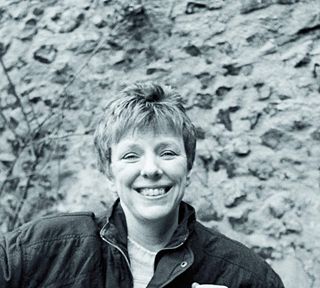
Eva-Ruth Weissweiler is a German writer, musicologist and non fiction writer.
Maigret and the Coroner is a detective novel by Belgian writer Georges Simenon, featuring his character Inspector Jules Maigret. The novel was written between July 21 to July 30, 1949, in Tucson, Arizona, United States. The book was published in October the same year by Presses de la Cité.